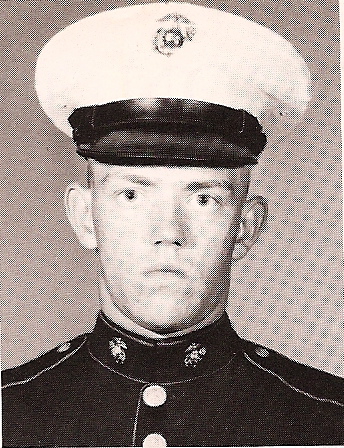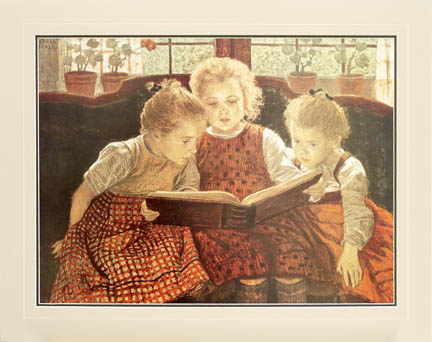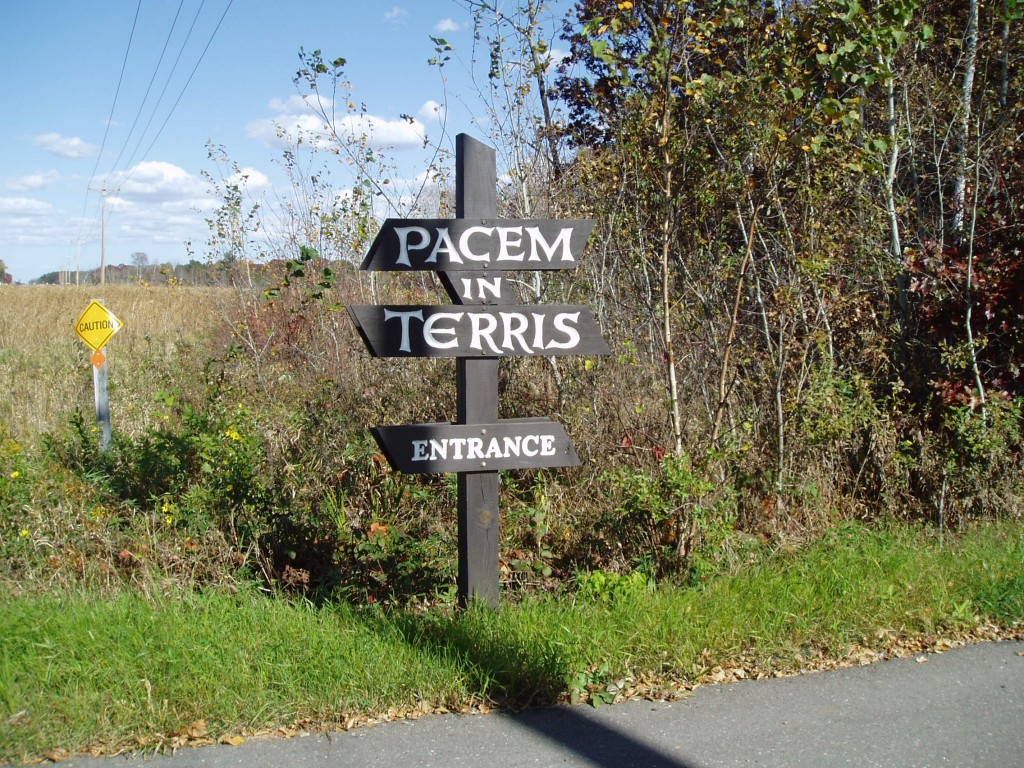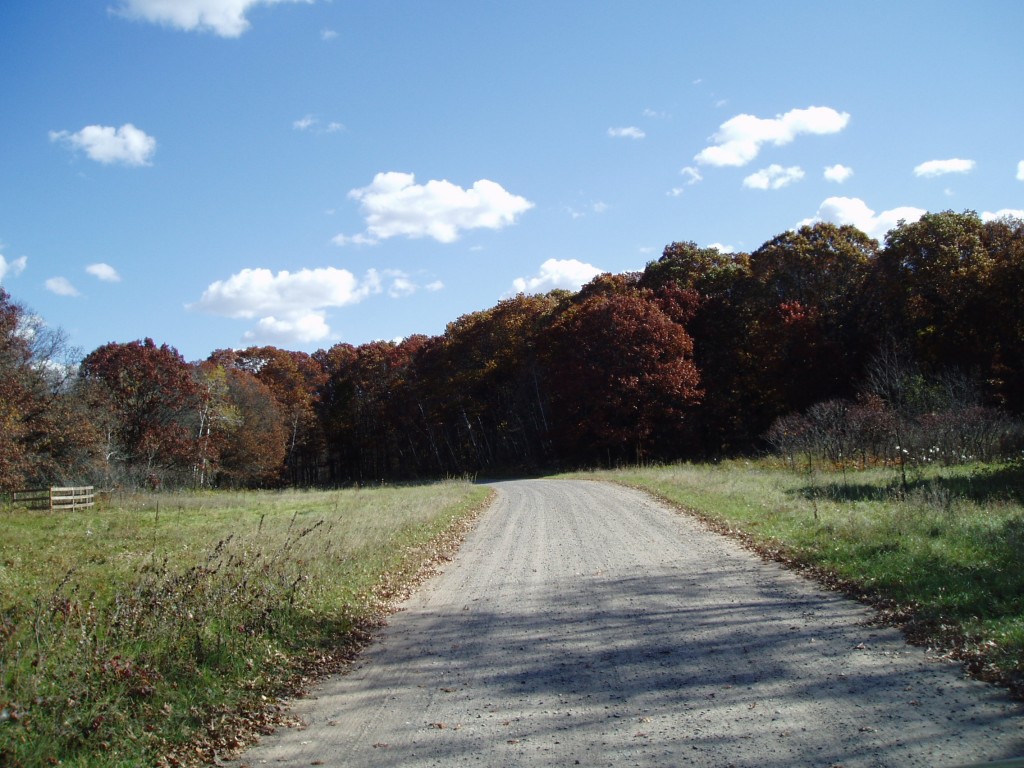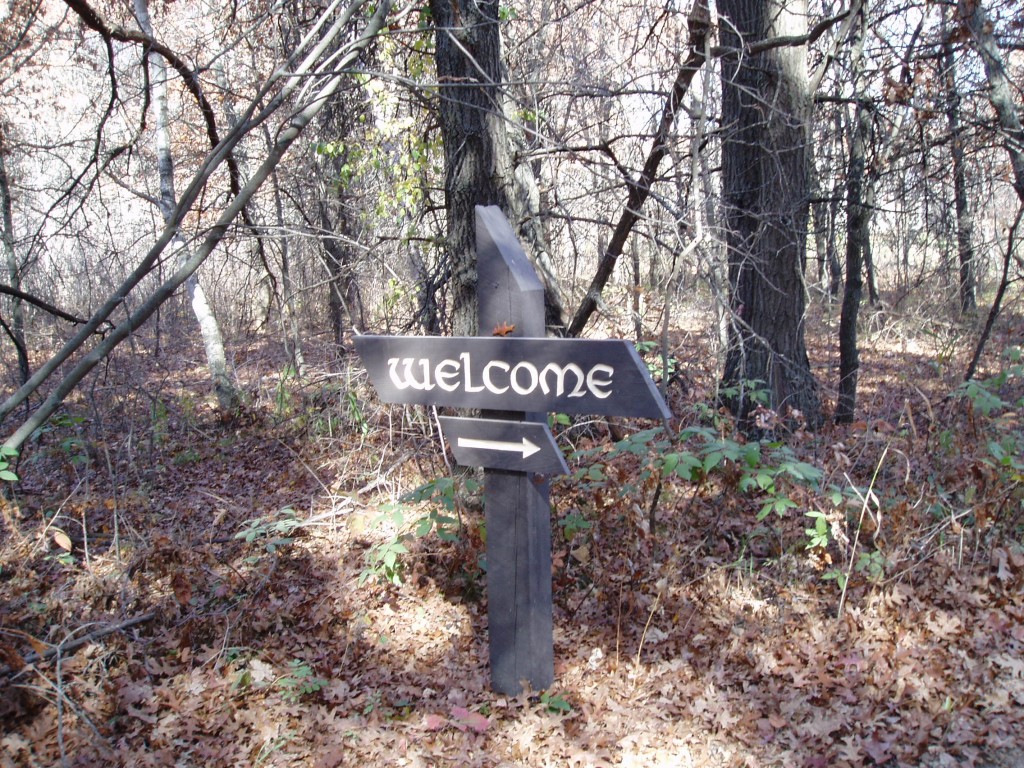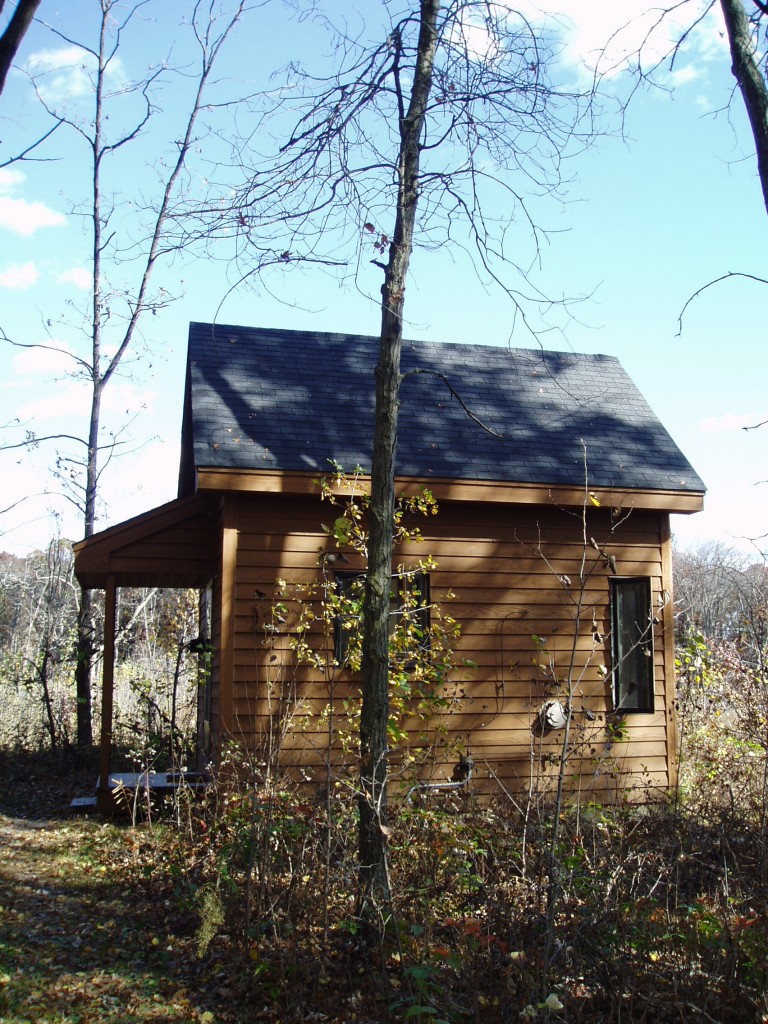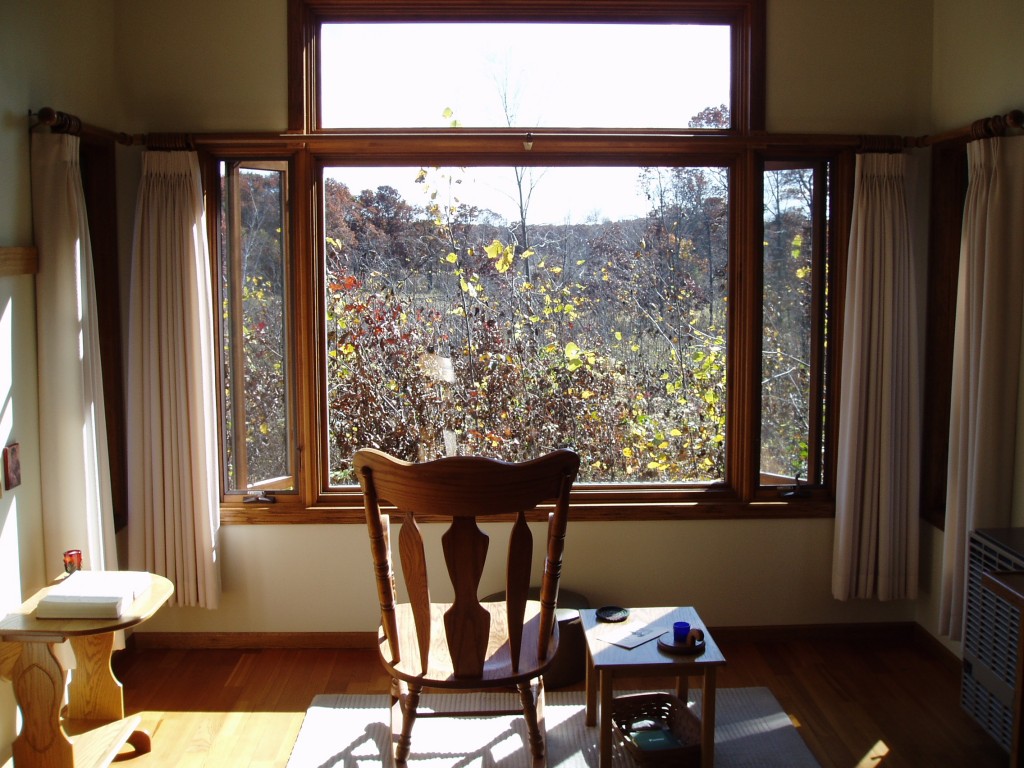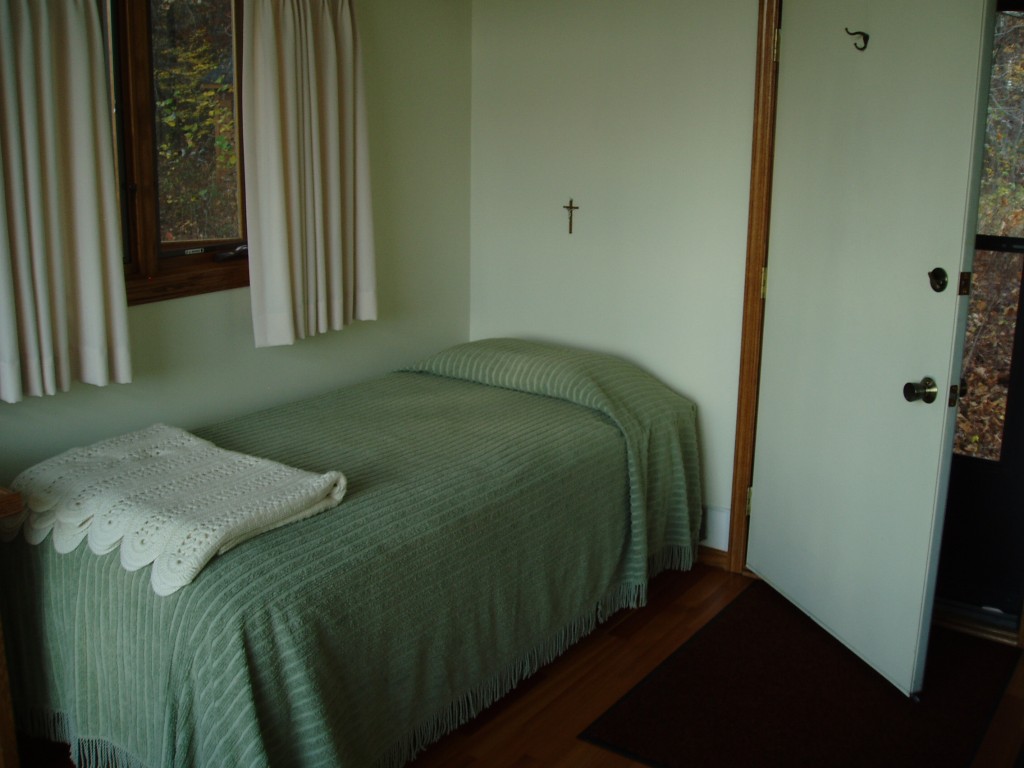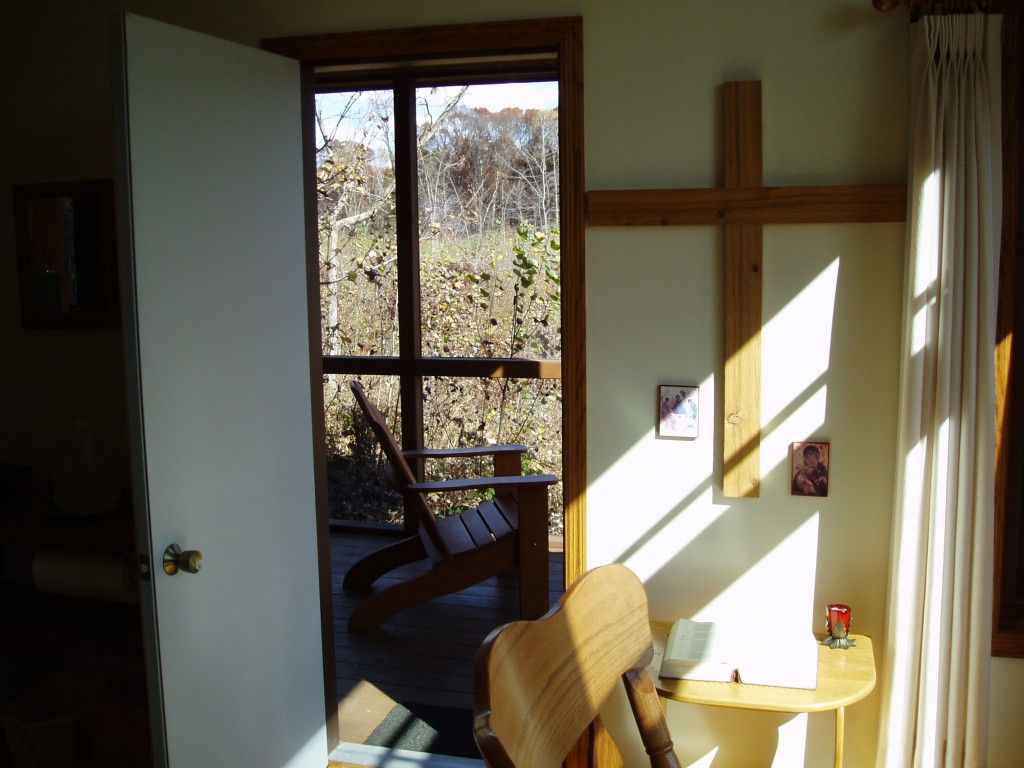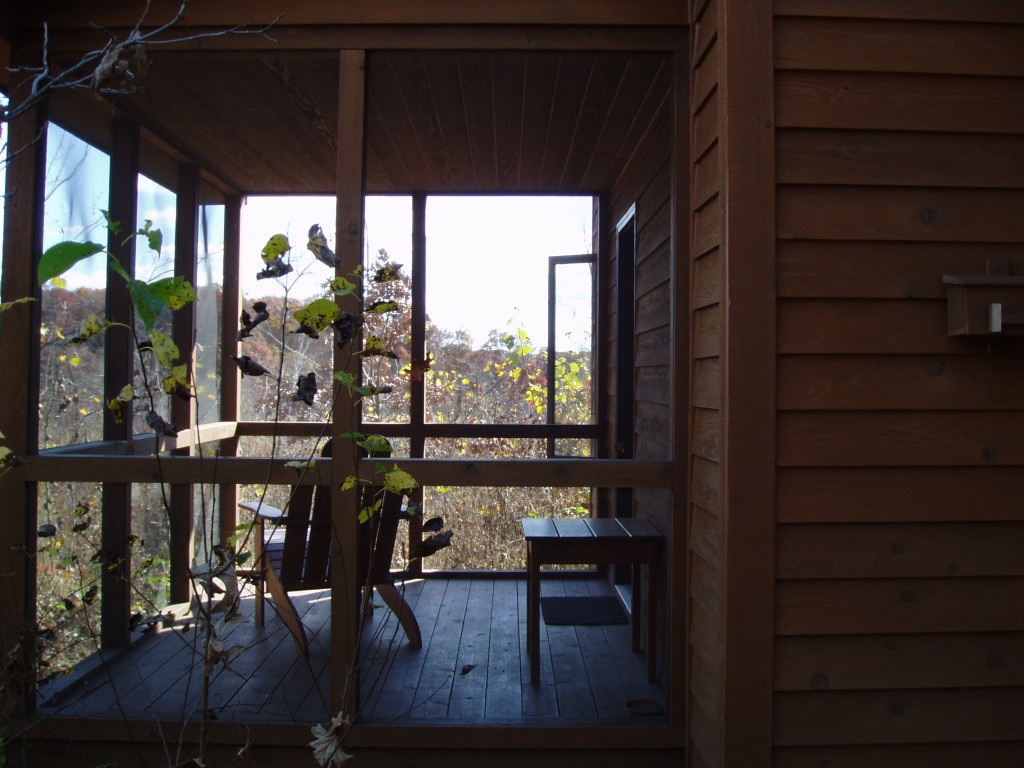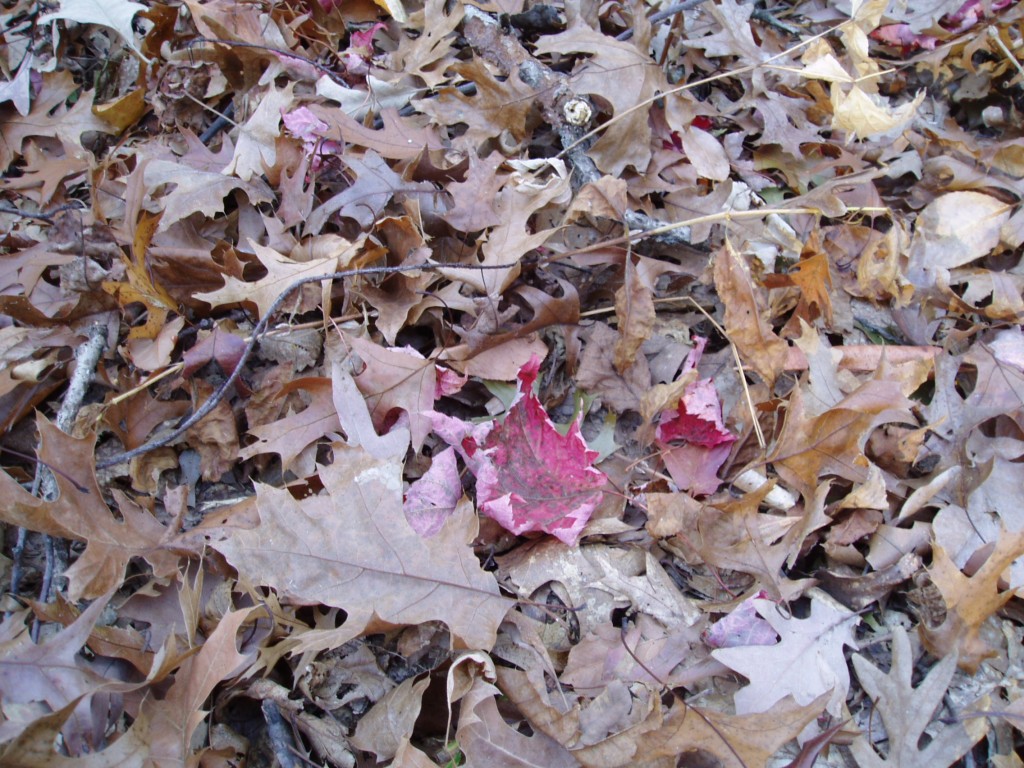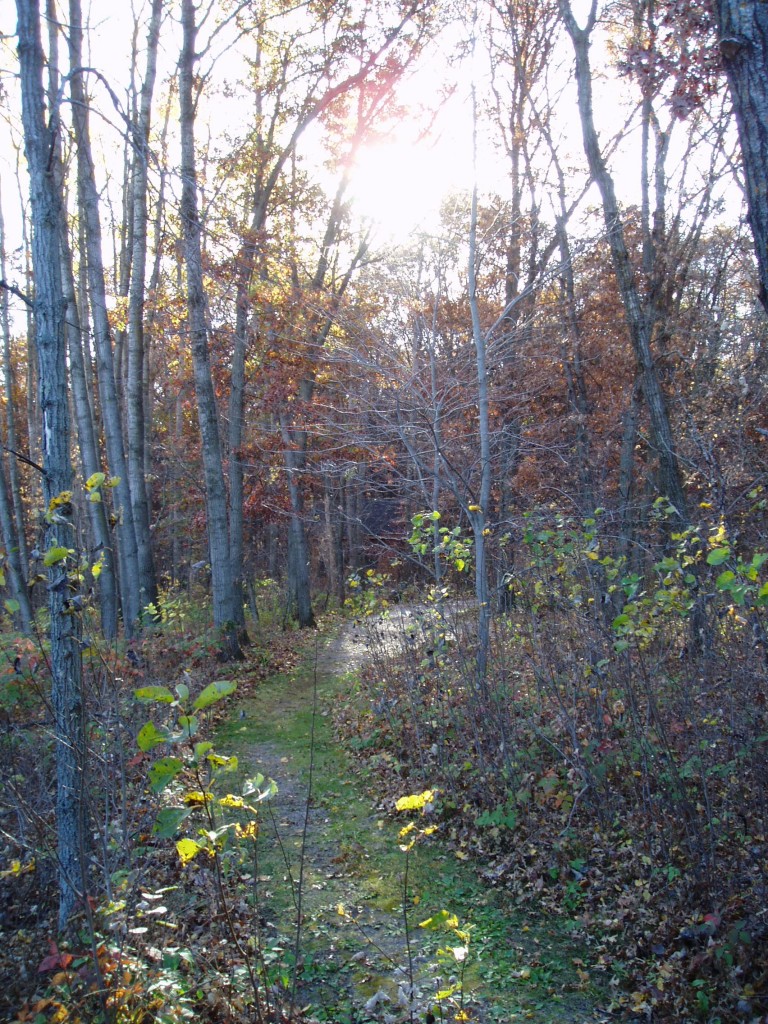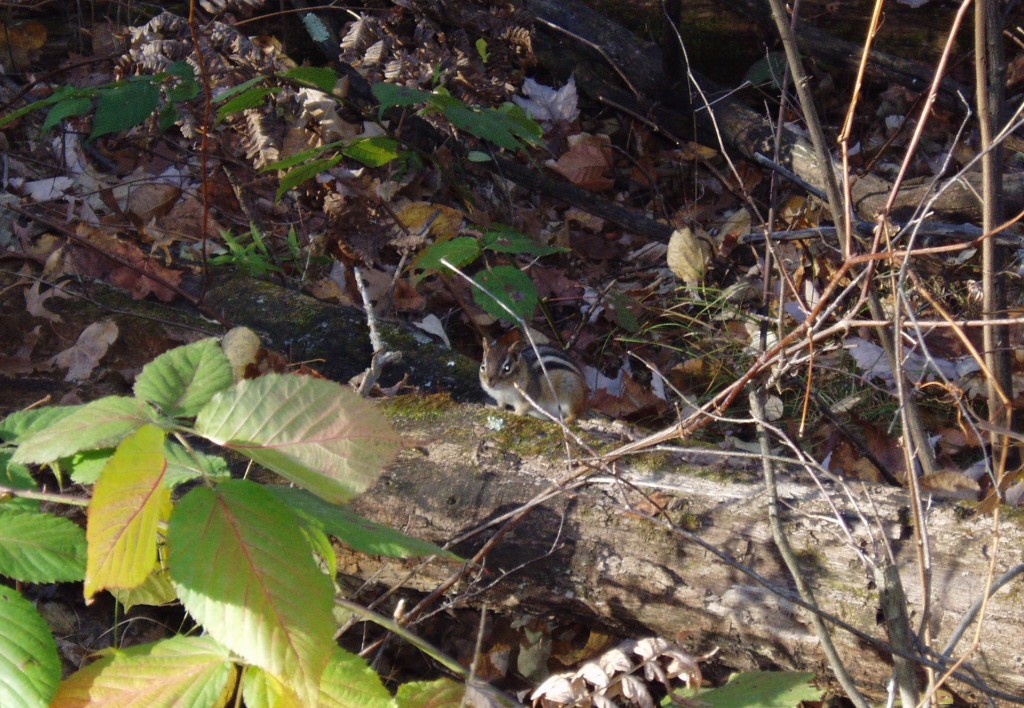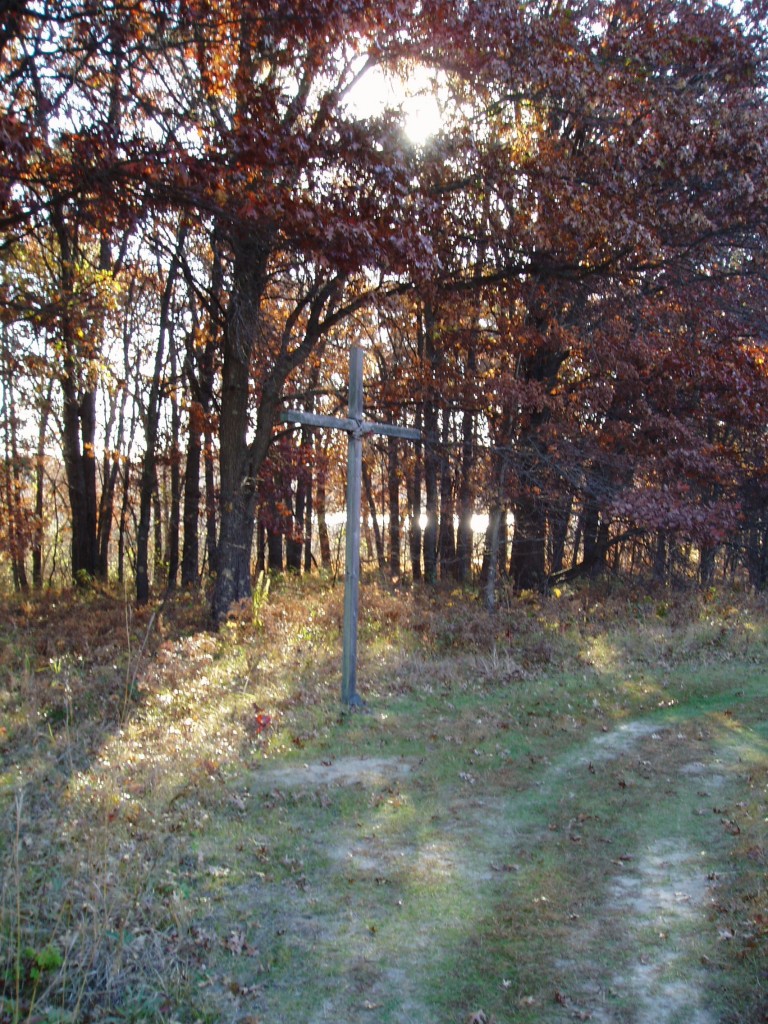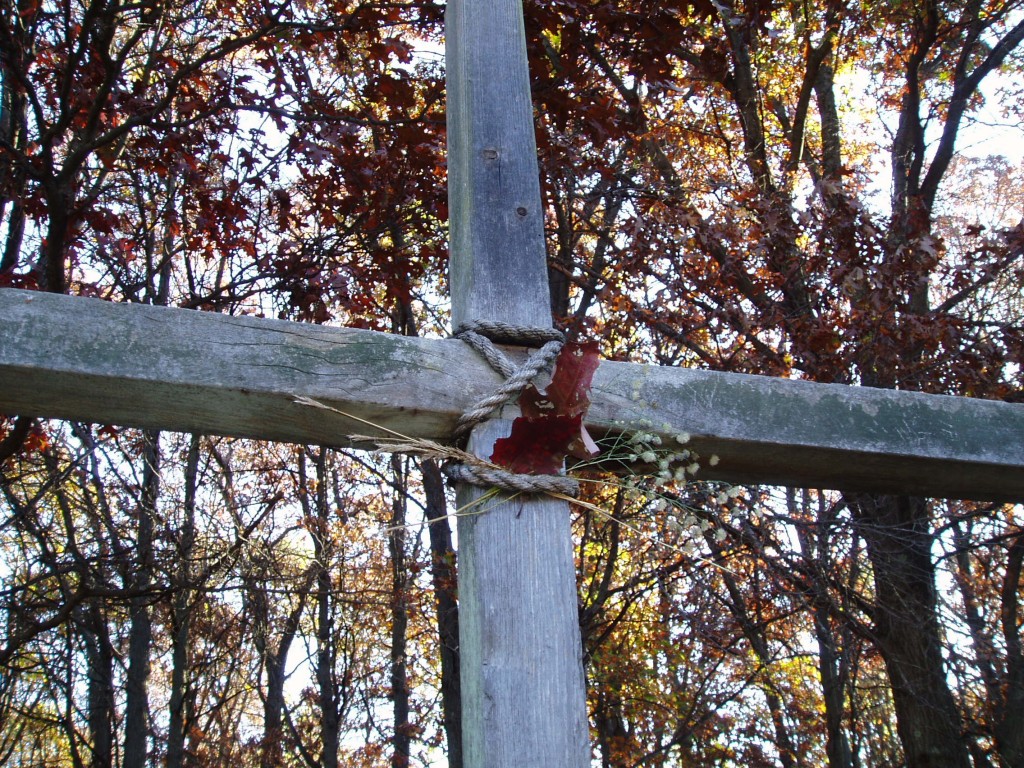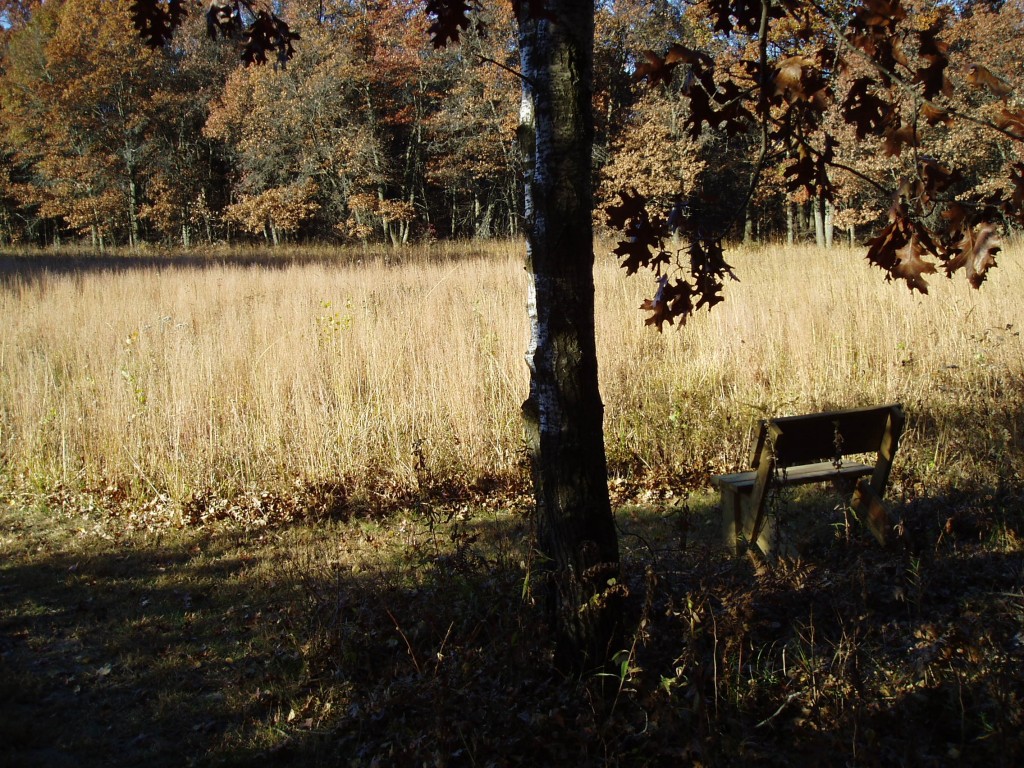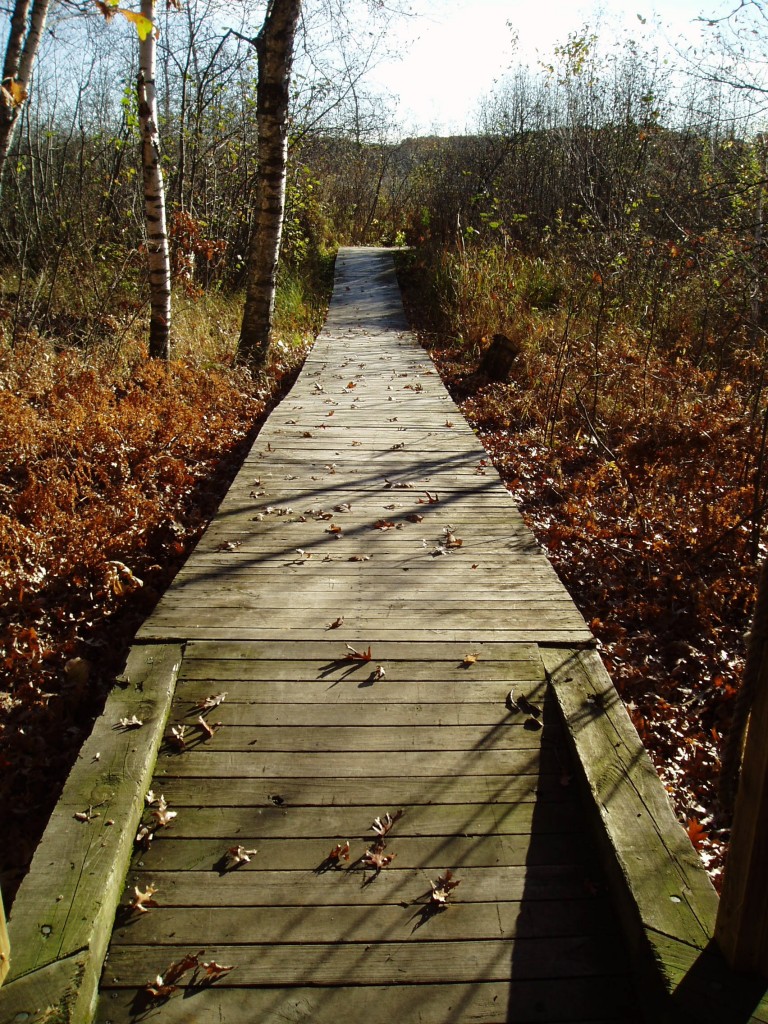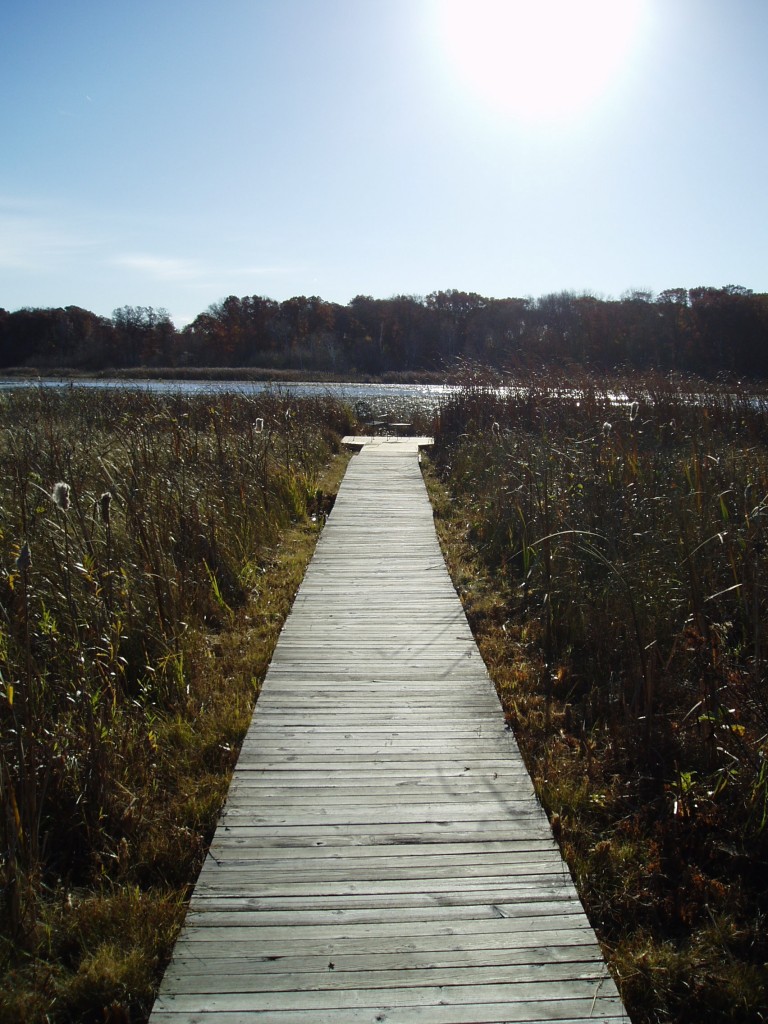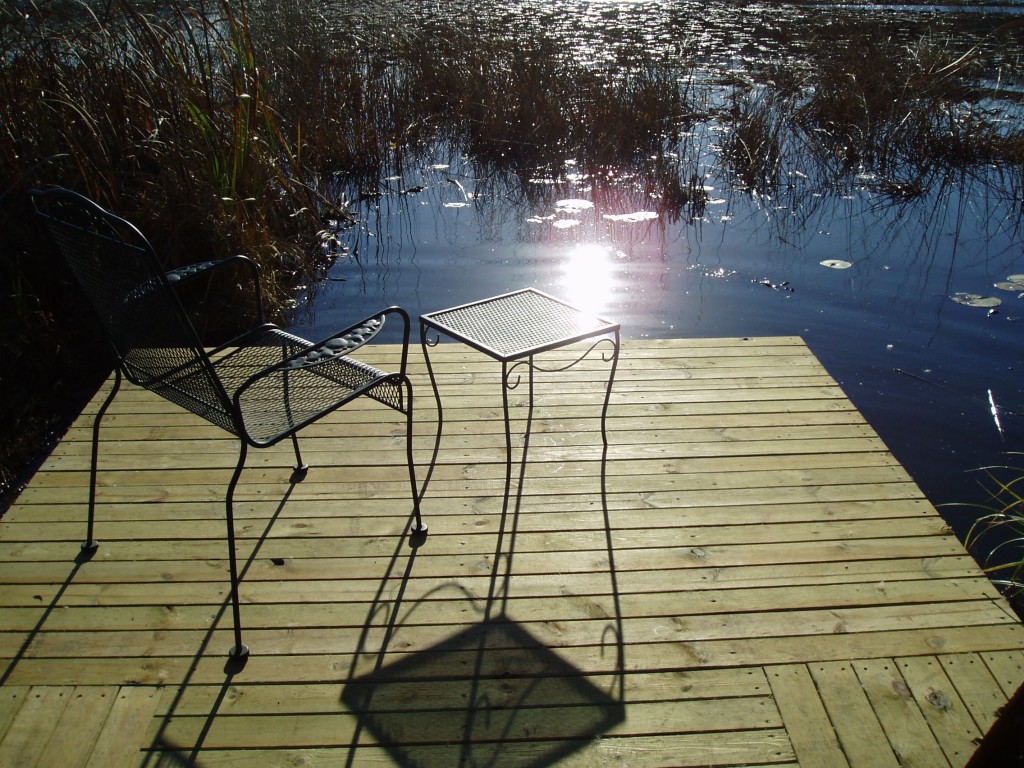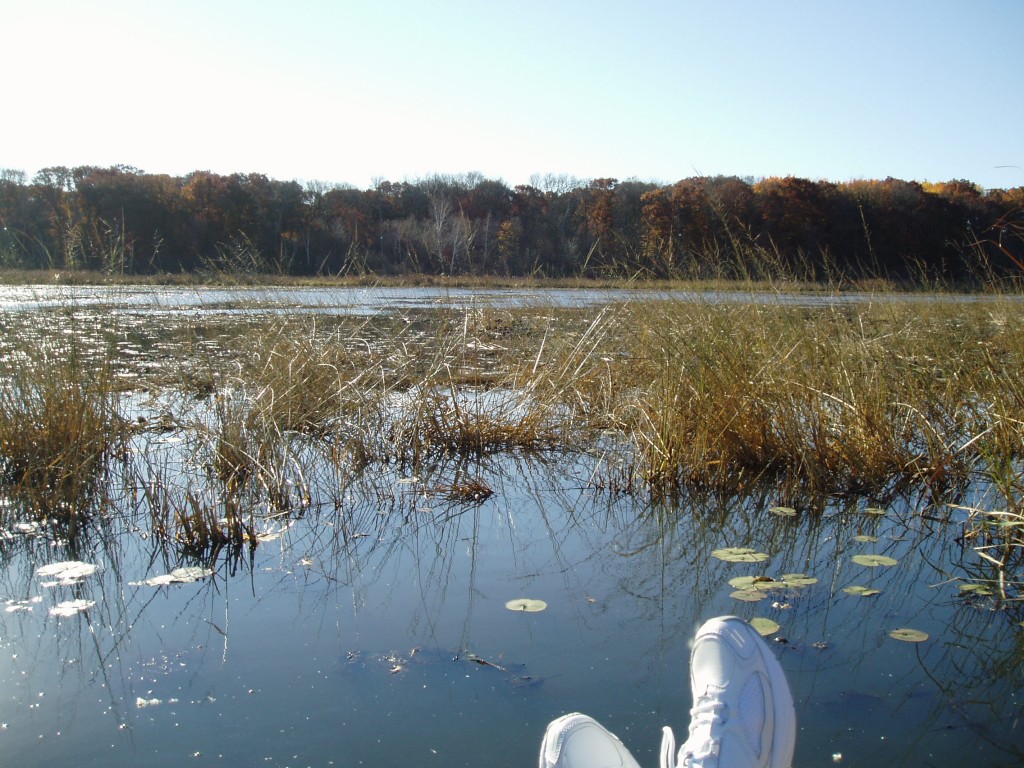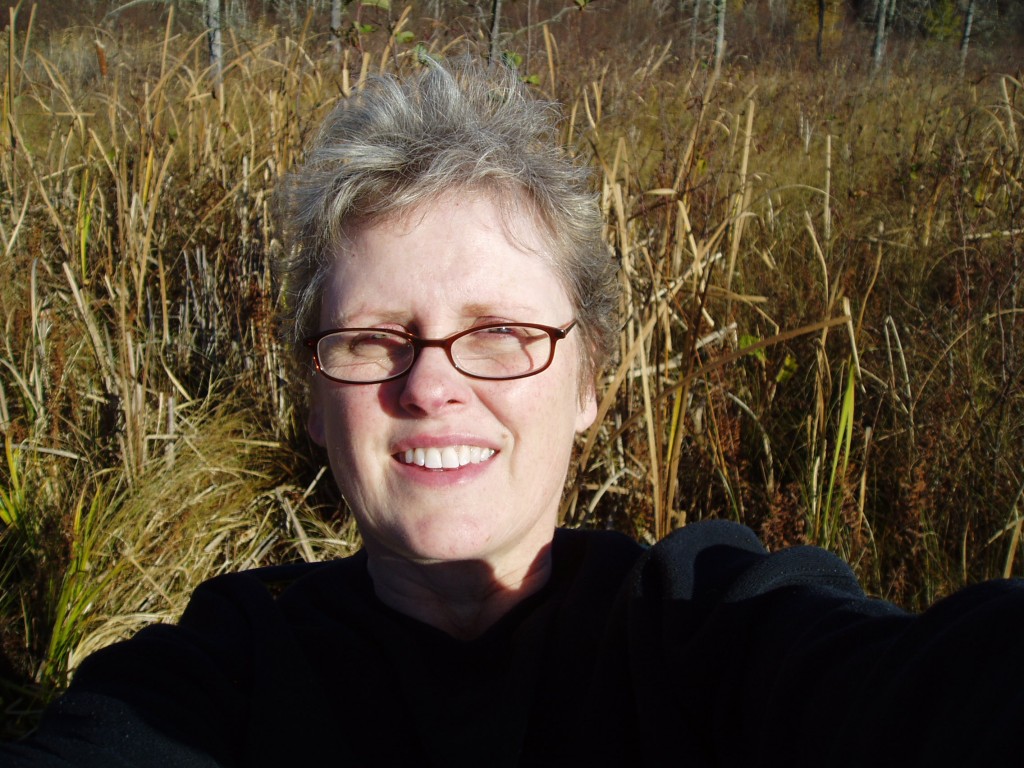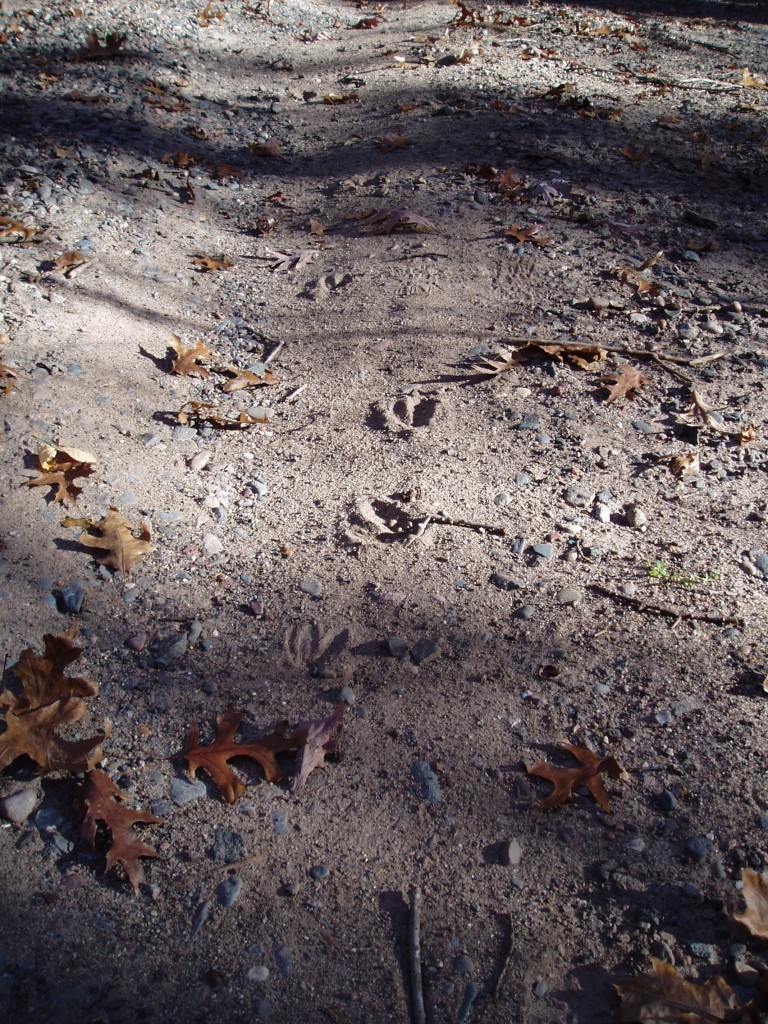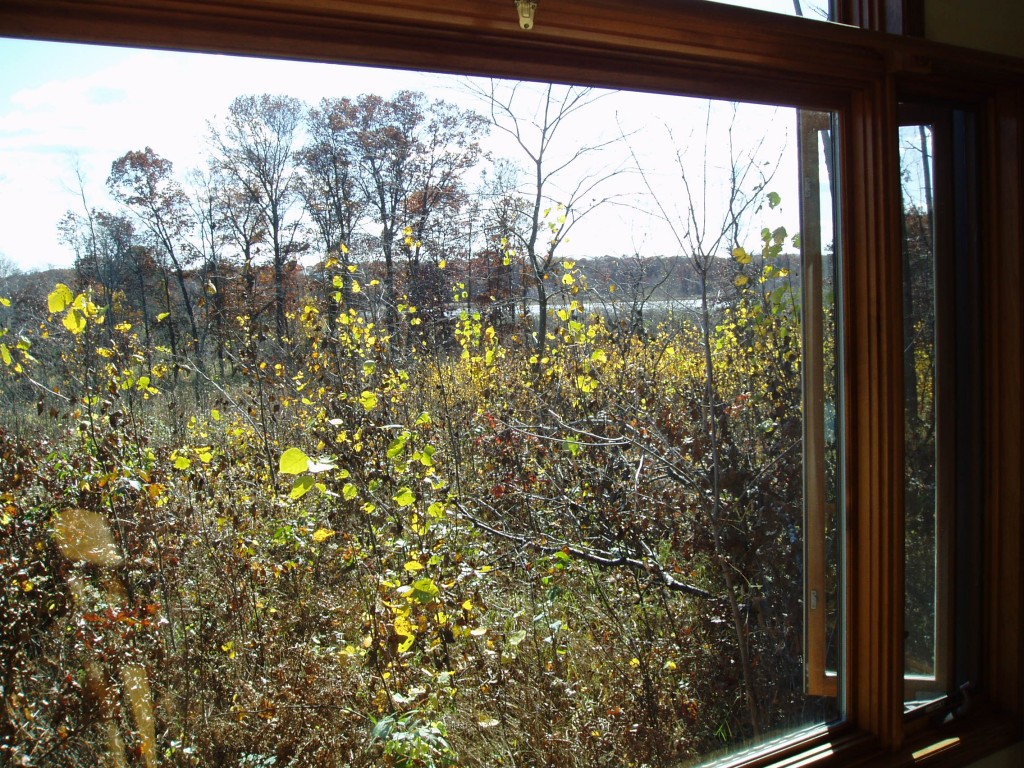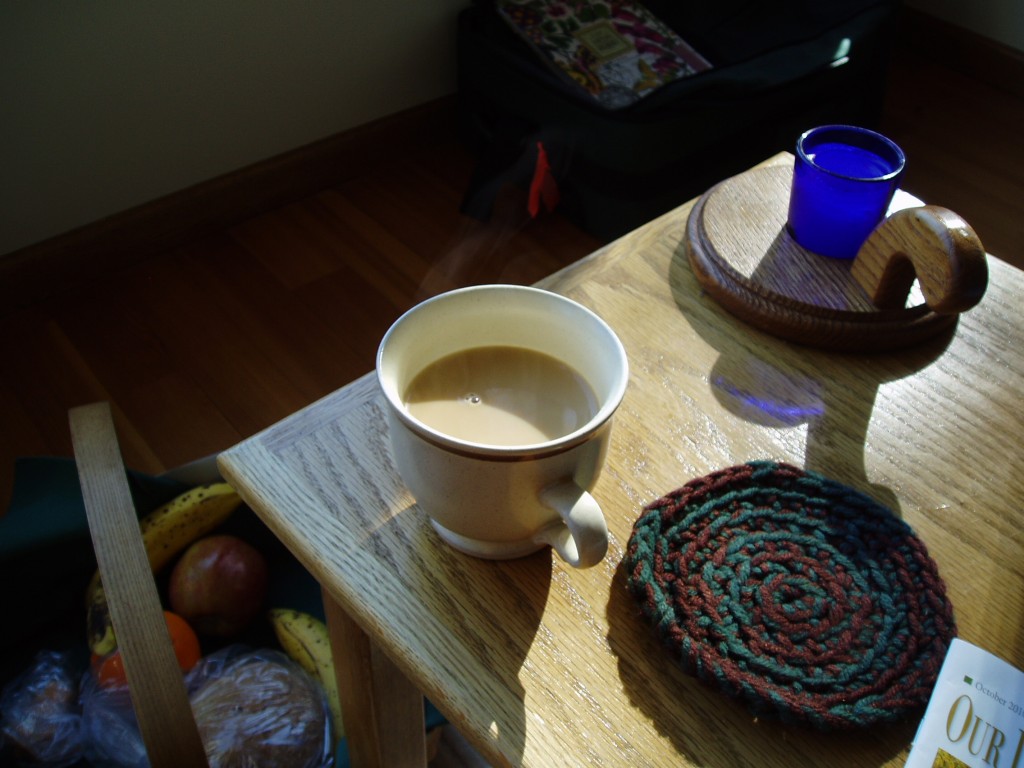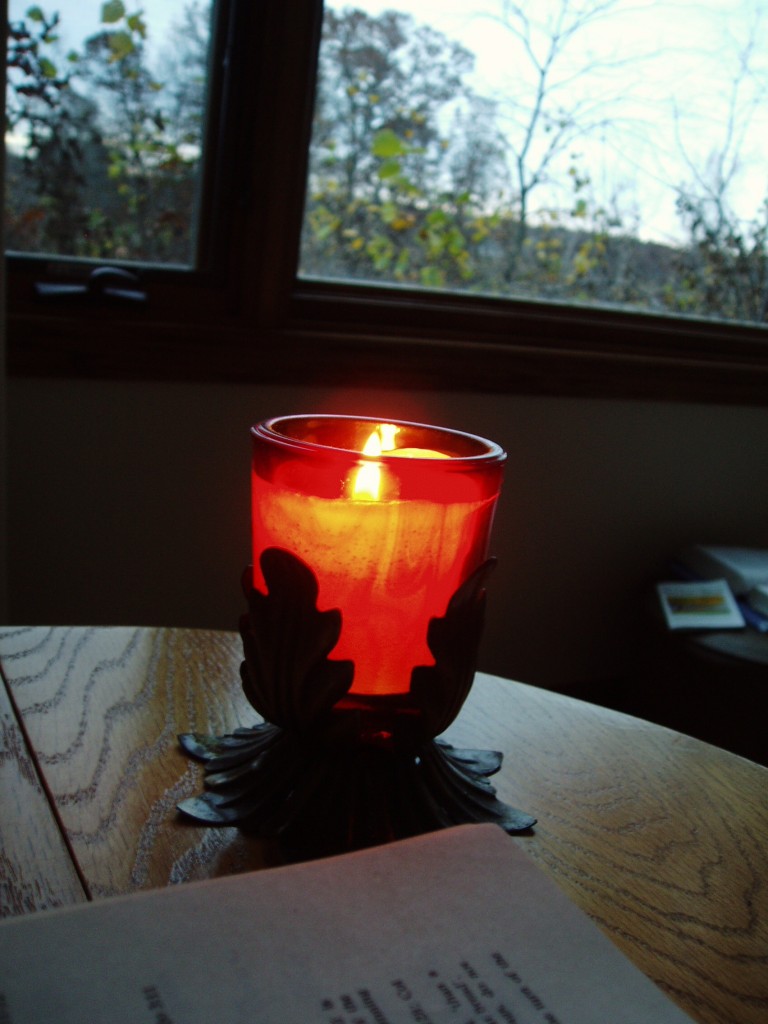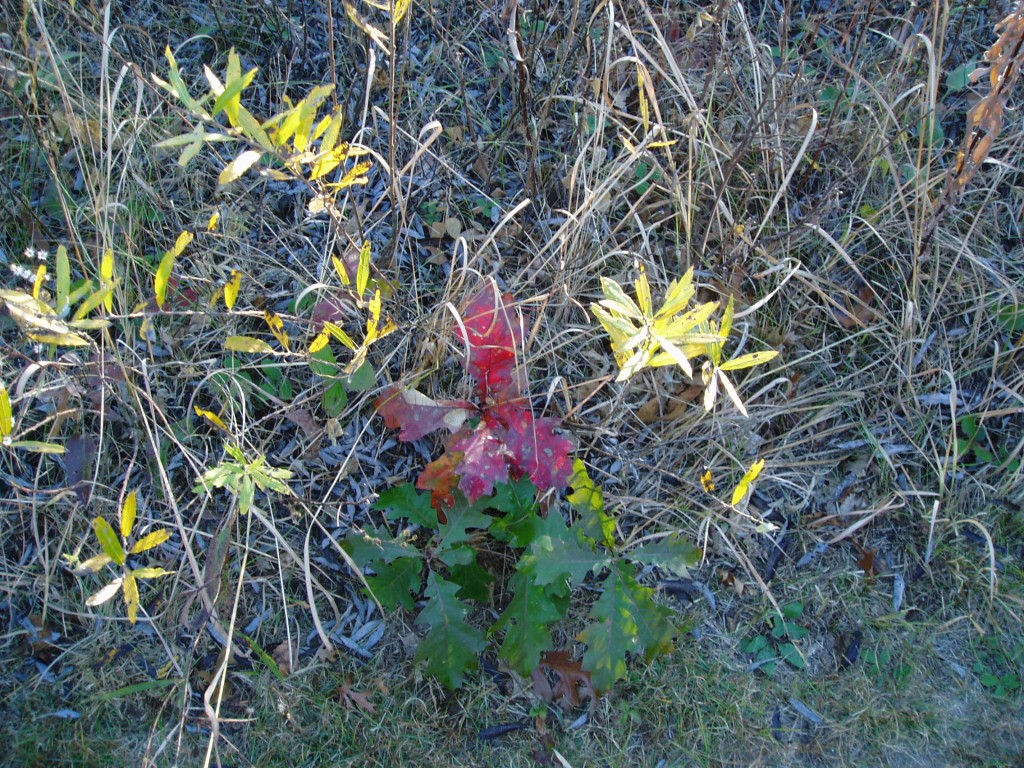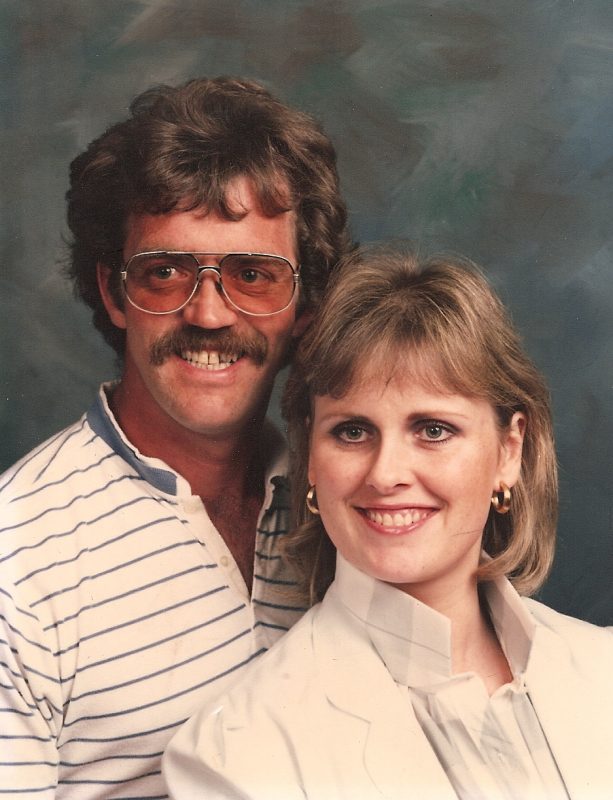Edition 49-Wednesday’s Word
November 17, 2010 | My Jottings
“If there were no God, there would be no atheists.”
G. K. Chesterton
* * * * * * * * *
The Weather Talk Has Begun
November 12, 2010 | My Jottings
The first snowstorm of the season is apparently barreling our way.
That means that folks will be out buying groceries, putting gas in their cars, buying plastic windshield scrapers, bags of sidewalk salt, making sure their shovels, mittens and boots are within reach, and talking about weather incessantly for the next several months. It’s what we do here.
“Nice day, eh? What’s it gonna do tomorrow? Gotta bundle up tonight! Is it still cloudy out? How about that snow? Are you staying warm?”
These are all real greetings I have received from neighbors or cashiers or servers, instead of the usual, “Hi, how are you?” one might expect. Living in northeastern Minnesota automatically enrolls you in the Club for the Weather-Obsessed, whether you want to be a member or not. I have been a member of that club for almost thirty years now, so in keeping with our way, here’s a little view for those of you still blessed enough to be in warmer climes:
I’m looking forward to making bread and a pot of soup. I have a lovely book to read. We have a new furnace. Mukluks for our feet. Shelter from the storm. Down comforters on our bed.
And hope in our hearts.
What’s the weather like where you are?
One Veteran’s Story
November 11, 2010 | My Jottings
Today in America, it is Veteran’s Day. I thought I would post my husband Michael’s story in honor of his service in Vietnam. Anyone who knows Michael would realize that he’s not as wordy as what follows – but this is his story, as told to me many years ago.
I thought it deserved putting down in print.
* * * * * * * * * * * * * * *
In 1966 at the age of seventeen, I left my lifelong home in Northeastern Minnesota and joined the United States Marine Corps. I saw my decision as a chance to get away from my parents and school and all that entangled me, my father saw it as a decision that could make a man out of his headstrong, only son.
Successfully conquering the mental and physical challenges of Marine Basic Training fueled the impression I had about myself; I was young, strong and indestructible, and had an entire lifetime ahead of me, so when Vietnam was my ordered destination I didn’t blink twice. At eighteen I felt I was prepared to go and accomplish what was required of me, and I cavalierly thought I’d come back as unscathed as I was when I went. When I boarded that Vietnam-bound aircraft jam-packed with fresh faces and newly shaved heads, I sensed I would soon see more death and destruction than Gunsmoke or Combat had ever shown me, but I had no inkling of the death and destruction that was skulking in the Asian jungles, waiting to tear me apart in a different way.
Three days after arriving in Da Nang I had my first encounter with the carnage that would eventually become an almost everyday occurrence in my tour there. Three young Marines took a direct hit from an enemy mortar while they sat at a nearby table eating their meal. Their bodies were completely blown apart. I felt an unfamiliar gnawing somewhere deep inside me but I knew I couldn’t last in Nam if I pondered it too much. I turned my head and forced the scene from my mind.
The next eighteen months were filled with days and nights that only my fellow Vietnam vets can truly comprehend. Back home in Duluth I had felt awkward and uncomfortable around sickness and funerals; in Vietnam I eventually learned to callously sidestep the dead bodies blocking my path as we swept the jungles during surveillance. Prior to the war I had drained a beer or two; once into the thick of things on the front lines in Vietnam I stayed stoned on marijuana as often as possible. As a young teen in Duluth I had openly wept when my faithful Black Lab, Duke, had to be put down; now in Nam as fellow troops directly in front of me or behind me stepped on mines that blew their legs off, I would avert my eyes and mutter, “Better them than me.” While growing up near Pike Lake I honestly loved and respected my mother and only occasionally teased my little sister Patty; while learning how to be a man in Vietnam I was ordered into enemy villages where at nineteen years of age part of my duty to my country was to gun down women and children. That disconcerting gnawing I had initially experienced had all but stopped after several months in Nam.
Many of us spent so much time trying to stay alive physically that perhaps we didn’t realize we were gradually dying emotionally. How does a young man deal with the atrocities he sees during war unless he shuts down inside to protect himself?
When my tour in Vietnam was over and I was preparing to return to the States, I still possessed my arms, legs, hands and feet. Aside from a slight shrapnel wound, a mild case of malaria, a rat bite on my finger and the ensuing, excruciating abdominal rabies shots, I was undamaged. Aside from a severe case of dysentery that had transformed my muscular, 190 pound body into a gaunt and hollow-eyed 142 pounder, I was intact. At least I thought I was.
When we landed at Los Angeles International Airport for a layover on our way to Minneapolis, I was stunned to find angry, placard carrying demonstrators waiting to greet us with jeers, taunts, hurled pieces of rotten fruit, and spittle. “Stop the bombing!” they shouted. “Baby killers go back to Nam!” No ticker-tape parade, this.
Settling back into civilian life in Minnesota was fairly uneventful, I thought. I did instinctively drop to the ground a few times when a passing car would backfire, and I learned to avoid concerts with strobe lights because they stirred up a panicky feeling in me that was too sickeningly familiar. In the ten years following my return from Vietnam I got married, welcomed the birth of two daughters, learned a challenging and satisfying trade, and bought a house. Occasional nightmares seemed to be the only residue of the war that plagued me, and I dealt with them simply by wiping the sweat from my face, gulping some cold water and turning over in bed and settling my thoughts toward sleep once more.
During the few times that I allowed myself some deep and personal introspection, I came face to face with one fact over and over again: the war had changed me. Most folks who knew me probably thought I was the same old guy, but I knew that I had shut down emotionally. I had come home in one piece but was not totally unscathed like I had anticipated I would be. Some unnamed but vital thing inside me had died, and I didn’t know how to resurrect it.
I found myself angry when I shouldn’t have been, and flat when more emotional responses were called for. I became a high-functioning, hard working young man with everything I’d ever wanted….everything, that is, except a sense of happiness and peace. Peace had seemed to elude me in my youth, peace certainly wasn’t a close companion in Vietnam, and now at 30 years of age, peace was still nowhere to be found. Important relationships began to suffer and drugs and alcohol usurped their place in my life. Driving home from a bar one night I was so drunk I couldn’t keep my eyes open, so I steered with one hand, and propped open one eye with the thumb and index finger of my other hand. To say that things were spiraling downward would be an understatement.
I grew up in a home with a devout mother and I had also dabbled in Buddhism, but for the most part I had always disdained religion. So in 1978 when a new friend named Neal told me that “Jesus was the answer to every question I’d ever had,” I was skeptical at best. I believed that Jesus was a great holy man, a prophet and an important part of world history. But my perspective of Jesus was of him hanging on a cross, looking as dead as I felt. What could Jesus do for me? Could he heal the wounds I’d received in Vietnam? Could a dead man hanging on a cross bring another dead man back to life? I didn’t think so, but despair had taken hold and I found myself willing to ask this Jesus to prove himself to me.
I said a simple, genuine prayer, asking Jesus to do something with my life, and something I now know was a miracle happened. Gradually, I was no longer drawn to drugs or alcohol. I began to understand the Bible when I picked it up to read. I felt new flickerings of compassion for other people. Tears were a welcome, frequent occurrence. Even though life was still difficult in many ways, I knew what peace meant for the first time in 30 years. I had an encounter with a living Jesus and He breathed new life into an emotional corpse. Some things He healed instantaneously, some things He has healed gradually over a period of years, and some things He is still healing as I learn to walk closely with Him.
The end of the Vietnam war brought so many dark memories to my mind, and I ached for my fellow veterans and their families whose lives have been forever altered because of it.
As for me, I can say that what was meant to destroy me eventually led me to the place of my healing: into the arms of Jesus Christ.
Love Means Having to Say You’re Sorry
November 8, 2010 | My Jottings
I think the time of day when my brain is most productive is between 4:00 and 5:00 a.m. I wander through my days with nary an original thought, doing the same things I always do, but for some reason when I wake up early and lie there in the dark, a hundred new ideas bob to the surface; I think of ways to solve difficult problems, strategies for getting things done less stressfully, and brilliant blog post ideas.
Then I get out of bed as quietly as I can so as not to disturb Michael. I put on my Sorel slippers and white terrycloth robe and go downstairs to get breakfasts going, lunches packed, meds ready, dogs fed, heat turned up, and cappuccino cooler concocted. After everything is humming along nicely I realize that all my clever ideas for blog posts and solutions to weighty problems have vanished. Pouf. Gone from my mind, like a profound and vivid dream you think you’ll remember forever and then realize it has faded from your memory by 10:00 a.m. I hate that.
Except for this morning. I woke up and these were the words in my mind, waiting for me to notice them:
Love means having to say you’re sorry.
When those words flashed on and off on the screen of my mind, immediately my thoughts went to the hugely popular book by Erich Segal called Love Story. When I was growing up, it seemed there wasn’t a person alive who hadn’t read that book. Then the movie came out in 1970, and the buzz phrase from that film was “Love means never having to say you’re sorry.” That bit of cultural wisdom found itself on millions of posters, bumper stickers and greeting cards for years to come. Everyone was supposed to rapturously sigh and think, “Isn’t that sweet? Isn’t that romantic? If you love someone, your love should be so deep, so transcendent, that when you hurt them you don’t ever have to apologize.” Not true.
Sincerely saying the words, “I’m sorry” could be the pivot on which our entire future turns, changing things for the better.
 Many years ago I had a dear friend who was the finest wife any man could want. She loved her husband, was a great mom, and worked hard at making their home a place of peace and comfort. Her husband was a good man and loved his wife and family, but he had a bit of a pride problem. Not that he thought he was all that special, but for some reason he had a hard time apologizing when he behaved impatiently or spoke unkind words. Like many of us, he would occasionally behave toward his family in a way he would never have treated colleagues or friends. He let his frustration out on his wife and children. He was occasionally demanding. He would come home from work and see that even though his wife had worked all day, there were still things left undone, and he would comment on those. He was never physically abusive, he never uttered despicable words, and he showed his family he loved them more than he let his impatience surface, but still….his careless words hurt.
Many years ago I had a dear friend who was the finest wife any man could want. She loved her husband, was a great mom, and worked hard at making their home a place of peace and comfort. Her husband was a good man and loved his wife and family, but he had a bit of a pride problem. Not that he thought he was all that special, but for some reason he had a hard time apologizing when he behaved impatiently or spoke unkind words. Like many of us, he would occasionally behave toward his family in a way he would never have treated colleagues or friends. He let his frustration out on his wife and children. He was occasionally demanding. He would come home from work and see that even though his wife had worked all day, there were still things left undone, and he would comment on those. He was never physically abusive, he never uttered despicable words, and he showed his family he loved them more than he let his impatience surface, but still….his careless words hurt.
My friend confided in me that even though her husband was 90 per cent wonderful, he never once apologized for the times he had been unkind. His conscience must have bothered him after he would snap at his wife, because for several days afterward she could tell he was trying to make up for what he had said. He would be extra attentive and kind. He would help around the house. He would tell her he loved her. She knew he was sorry, and she forgave him.
But he never said the words, “I’m sorry.” His children never saw him apologize. They knew they were loved, they had marvelous memories with their daddy, but none of their memories included a humble apology.
I think love means having to say you’re sorry. Humbly, with no excuses, with no referral to what the other person did (not that there aren’t times when that is very necessary), and with no expectations from the other person. This is really hard for some people. Sometimes it’s really hard for me. I can usually apologize when I know I’ve blown it, and I really am contrite and want the other person to know I’m sorry.
But there have been occasions when I’ve uttered veiled, unkind words, or have neglected doing something I knew I should have done, and for some reason the words, “I’m sorry. I was wrong. Will you please forgive me?” were really slow in coming. I think it’s a pride issue.
It can also be difficult to say you’re sorry when the person we need to apologize to needs to say it more. Then our minds justify the hurtful things we do or say because that person has caused us more pain than we have ever caused them. I understand this and have used this rationale many times. “I may have been abrupt with her, but what she did was much more wounding than what I did.” We always tend to wrap ourselves in soft down comforters and want others who’ve hurt us to lay forever on beds of nails. It’s human nature.
And it’s not conducive to peace, joy and happy living.
Picture yourself on your deathbed, if you are blessed enough to someday have one. Hopefully you will be old, loved, ready to meet Jesus, and will not have suffered too long. As you’re lying there on your bed, strength and life slowing ebbing out of the body that has carried you through this world, your mind will probably be reliving the most meaningful parts of your life. Will you smile smugly when you think of the person you never forgave, or the one you never gave a heartfelt apology to? Will you think with gladness about the bitterness you toted around for years toward that person at work who slighted you? As you’re gasping for your last breaths, will you inwardly pump your fist and hiss a satisfied “Yessss!” when thoughts of your past cruel words, cold shoulders, exasperated sighs, and self-righteous martyrdom come to mind?
No. I don’t believe we will entertain thoughts like this. I believe the closer we come to death, the more clarity we’ll have. We will mourn the opportunities we missed to love, to forgive, to serve, to bless. I mourn my missed opportunities already. But I’m still alive, so all is not lost. 🙂
My human tendency is to withdraw when I’m slighted, lash back when I’m treated badly, and to excuse my small errors in the light of others’ colossal sins. But I’m not called to live according to my human tendencies. I’m called to live in joy and peace and generosity and in love.
To my handful of readers, I offer no lecture here. I have only an ounce of wisdom to give, and there’s so much I have to learn. But at 53 I have a little more wisdom than I did at 23, or even at 43, and this much I know: deep inside we want to love. We were created to love. And when we don’t love, discontent is our constant companion. Why live like that? Why add to the list of what we’ll weep over on our deathbeds?
Sometimes love means I need to make Michael’s breakfast as well as everyone else’s. Sometimes love means I should not audibly sigh when I have to ask my husband to repeat himself yet again. Sometimes love means being cheerful in the mornings even if I’d like nothing better than to go back to bed. Sometimes love means being grateful for someone’s very presence, not for whatever they can say and do. Sometimes love means trying to see beyond a person’s actions or neglect, and treating them like the person they could be, instead of the one we think they are. Sometimes love doesn’t involve feelings at all, but just a willingness to do and say the right thing, no matter how many times we’ve failed in the past. Sometimes love means not administering justice, but mercy.
Let’s not let anything stand in the way of saying we’re sorry when we need to. We can act sorry, we can feel sorry, but most of the time we just need to say the words, and then follow them up with corresponding behavior.
These are my thoughts this morning. Without a doubt, I believe love means having to say you’re sorry…
Scotland in September
November 3, 2010 | My Jottings
In January of 2007 some good friends invited us to go to Ireland and England with them. Air fare to Dublin was cheap, and even though “spontaneous” is not a word anyone would ever use to describe me, we jumped at the chance and booked our flights. As we read guide books and looked online for information to help us decide where to visit and how to drive with the steering wheel on the wrong side of the vehicle, we also consulted people who had been abroad before. Michael has been to Vietnam (although, ahem, not as a tourist) and I lived in Germany for just under two years, but we knew almost nothing about how to choose from the myriad delights the UK and Ireland have to offer.
As we chatted with our son-in-law Chris, it became clear to us that we would need to see Scotland as well. Chris has been to more countries than I can count, but his words, “Scotland is one of the most beautiful places in the world…” surprised and intrigued me. So we rearranged our plans and decided to spend the bulk of our trip in Scotland.
Little did we know what effect the Highlands would have on us. I still remember driving (white-knuckled at first, on the wrong side of the road, sitting on the wrong side of the car) all the way from Prestwick airport near Glasgow to Inverness in the northern Highlands of Scotland. The highway was almost deserted, and the farther north we traveled, the quieter we became. I turned off the BBC radio. When I wasn’t trying to adapt to shifting with my left hand, Michael took my hand and I knew he was feeling similar things. My mother’s maiden name was derived from MacIntyre, and Michael’s last name is of Scottish origin too. We’ve never searched our genealogies or spent a lot of time talking about our ancestry, but an inner bell (or inner bagpipe?) sounded inside both of us as we drove on. Sappy as this sounds, when we later spoke of it we both agreed that visiting Scotland had been like finally going home.
Next year we will celebrate thirty years of marriage. Shall we all observe a moment of silence to honor God’s work in such a miracle? It still boggles my mind. Thirty years of being with the same person day after day, and my heart still swells with love and gratitude for him. And there were times when I thought for sure I was done. How thankful I am that God never let me walk, and that I know the grace and wonder of a happy union. Our marriage isn’t even close to perfect. We would not be a model for anyone. I just consider myself very blessed that I had nowhere to go when years ago I wanted to leave, that somehow God helped me stay until love returned (which it always did), that my husband loved me through my selfishness and pride, and that the man I am growing old with is D. Michael. He has been faithful and true. But I digress.
As we motored northward, the wild barrenness of the land, the sheep dotting the hills, the snow on the mountain peaks, the lakes and rivers, the hospitality of the people we met in passing….all felt so familiar to us. Sort of like we’d been wanderers all our lives who had finally settled in. We loved what little we saw in Ireland and England too, but Scotland stole our hearts.
So, Lord-willing, we will be celebrating our anniversary next year in Scotland. We are in the tentative stages of planning a two week trip. If all goes as we hope, we will stay in this beautiful little cottage near Loch Ness. We will be able to spend time with the dear friends we met last time we visited, when we stayed at their magnificent Ivybank Guest House in Inverness. Tom and Catherine are kindred spirits and we have prayed for each other and enjoyed long-distance fellowship ever since our meeting in 2007.
It hasn’t helped things that Michael and I have been watching a BBC series called “Monarch of the Glen” recently. The show was set in the Highlands in this great house, and we’ve been foolishly further smitten with Scotland week after week. Even Sara has caught the Scottish bug from watching the Laird of Glenbogle as he tries to protect the 35,000 majestic acres his family has owned for 400 years, while moving its operation into the 21st century. Sara has developed unexplained yearnings to don a plaid kilt and learn to do this.
I’ve never had any feasible explanation why I have to stifle sobs when I hear bagpipes being played, or why I’ve always been drawn to plaid and have three upholstered plaid chairs in my house. I haven’t fully understood why we’re compelled to buy shortbread and feel quite peaceful and content when we nibble it while sipping brisk tea on wintry afternoons. I was never sure why I felt like jumping up and down when Sharon decided to walk down the aisle at her wedding to the song Highland Cathedral.
There are so many places in this beautiful world we would like to see. Michael wants to go to China and Israel. I want to visit Austria, Switzerland and St. Leonards-on-Sea in England. But there’s some kind of magnet in both of us that is being irresistibly drawn to the Highlands of Scotland. Why?
Could it be that like countless others before me, deep inside I know my true home can’t be found on this earth and I’m just always looking for the real thing? Even though I love the part of the world I live in, it all feels so temporary.
For here we have no lasting city, but we seek the city that is to come. Hebrews 13:14
Scotland isn’t my lasting home either. But for some strange reason, it feels just a little more like home than the one I’m in right now.
This is my country,
The land that begat me,
These windy spaces
Are surely my own.
and those who toil here
In the sweat of their faces
Are flesh of my flesh
And bone of my bone.
Sir Alexander Gray
* * * * * * *
A Childhood Memory
November 1, 2010 | My Jottings
When I was three years old my maternal grandparents sold their cattle farm in Kansas and moved to Southern California to be closer to our family. We used to visit Grandpa and Grandma McInteer’s house in Covina almost every Sunday.
I remember riding my tricycle in their circular driveway. I remember the cookies by Nabisco called Ideals that Grandma used to have on hand. I wish Nabisco still made Ideal cookies. They were peanut buttery and dipped in chocolate. And they tasted best with a cold glass of milk within reach. On second thought, it’s probably good that Nabisco doesn’t make Ideals anymore. My grandparents also had a sprightly yellow canary on their back porch named Mr. Clean, called so because he bathed in his water more than he drank it. We always watched “The Wonderful World of Disney” on those Sunday nights. I remember that, while I knew they cared about me, neither Grandpa or Grandma talked to me very much.
And behind the couch in their small living room, this large painting hung. It’s called “The Fairy Tale” by Sir Walter Firle. I stared at that painting a lot as I was growing up, and I wondered what those three little girls were so entranced by.
Even though I didn’t know the name of this painting or the artist back then, I wonder now if it influenced me toward books. The memory of gazing at this painting is very strong.
My first recollection of being excited about books is from second grade, when Mrs. Lokken used to read the Mrs. Piggle Wiggle books to our class after we came in from lunch recess. It was usually hot out, and we would come in and put our sweaty heads down on our desks, she would dim the lights in the bright, many windowed room, and all would grow quiet as Mrs. Lokken read “The Radish Cure” and the “Fighter-Quarrelers Cure” and the “Never Want To Go To Bedders Cure” to us. New worlds opened up in that school room.
If you’re a reader, what influenced you to begin reading for pleasure? Was it an elementary school teacher? A high school English teacher? A certain book? A book club you were invited to? A friend’s interest in books? A parent?
Do you remember one of the first books you read that captivated you in the way these little girls have been drawn to the pages in their book?
I look forward to reading whatever you share….
Edition 48-Wednesday’s Word
October 27, 2010 | My Jottings
Don’t doubt in the darkness what God told you in the light.
Unknown
* * * * * * *
A Place in the Woods
October 25, 2010 | My Jottings
No matter how vigilantly we guard our lives, clutter, busyness, noise and exhaustion always nip at our heels. I have been trying to set aside time occasionally to go someplace where my heels are protected and I can find simplicity, solitude, quiet and rest. It’s not practical for me to do this often, but if I can make it to Pacem in Terris once a year, I’m grateful.
Recently I made my second visit there, and hope to go again next fall. Pacem is a Catholic silent retreat center almost three hours south of where we live, with sixteen beautiful little prayer cabins, or hermitages, in the woods. I’m not Catholic but I have learned that many of the hermits who visit Pacem for prayer and quiet are either Protestant, or spiritual seekers. I love it there.
The different hermitages are named after saints, and mine was called St. Francis of Assisi, and was the farthest into the woods of the sixteen cabins, and because I went in the middle of the week, one night I was the only person on retreat. I never saw another soul as I walked through the woods.
This view below is taken from the front door looking inside – there’s a rocking chair, a foot stool, a table, an altar, and windows all around to enjoy the view of the trees and Tamarack Lake in the distance. There is no electricity, but there is a gas wall heater which kept my little cabin toasty at night when the temperatures dropped.
Each hermitage has a wonderfully comfortable single bed. No radio, no television, no computer, no phones….when it got dark it was time to sleep. When the sun rose, it was time to get up and sit quietly in the rocking chair, watching and contemplating the beauty of God’s creation.
There’s a side door that leads out to a nice screened in porch. I kept the water the kind people at Pacem provided for me, outside on the porch to keep it cold.
Most of the maples and birches had dropped their leaves and it was starting to look Novemberish. But the woods there are primarily oak, so many of the huge trees still had full crowns of leaves at their tops. All during my stay, there was a constant, drifting, gentle rain of leaves falling all around me.
There are peaceful paths for hiking, and as I walked I could hear blue jays call and downy woodpeckers drumming, and squirrels chattering, making their presence known.
This is a photo of another hermitage in the woods:
Below, this little chipmunk scolded me loudly and gave me the evil eye from a fallen log as I walked too closely for his liking.
A cross, a silent reminder of one true thing on which we can depend.
At one end of the Pacem property is a beautiful prairie, and I sat here counting my blessings and thanking God for His goodness and faithfulness, no matter what circumstances around me look like.
I happened upon this wooden walk, and wondered where it led.
Aaahh….the lake, which was full of cat tails and paddling duck families.
The end of this dock was floating, and I had to balance carefully as I sat on this chair and put up my feet.
I meandered back to my hermitage and chose this perfect acorn as a reminder of my stay.
Deer tracks right outside my cabin:
It took me almost the whole first day to settle in, to grow accustomed to the quiet and the lack of a lengthy to-do list, meals to cook, a house to clean, people to care for. I have heard that some people come to Pacem in Terris and can’t stand the deafening silence, and leave within hours.
I took my Bible and a notebook, and I sat and rocked and read, tuning my spiritual ears in to see if I would be able to “be still and know that He is God…” Ps. 46:10.
I thought about the converse of this – “don’t be still and so don’t know that He is God.” And I was sobered.
The staff at Pacem drives you out to your hermitage when you arrive, and they provide a basket of food to each visiting hermit. Two small round loaves of whole wheat bread, some organic cheese, a home-baked bran muffin with dates and walnuts, and fruit. A feast!
There’s a cabinet in each cabin with tea and coffee bags, a flashlight, extra blankets, a first aid kit, and everything one could possibly need while on retreat. There’s a gas cooking ring and a tea kettle in the room, and making myself a hot cup of something to sip, took on new delights as other distractions were stripped away.
Here are some notes about Pacem from a previous hermit named Bill:
“Living Pacem time…I rolled over and went back to sleep for an hour.
I didn’t eat breakfast at 7:00, lunch at 11:30 nor supper at 6:00.
I prayed outside.
I had an all-day meeting that I thoroughly enjoyed.
I didn’t shave and no one noticed.
I looked at no screens and did no digital communicating.
I got a glimpse of myself — without a mirror.
There was nothing to be on time for.
I watched the wind help the trees give praise.
I heard Him say, “I love you.”
When the sun went down, so did I.
I wet my pillow with a tear of joy, knowing I had spent the day in His perfect will.”
Sometimes you have to look hard or listen intently to find the one true thing.
Jesus is my One True Thing. He’s always there and promises to never leave me or forsake me. I go to Pacem to be still, to be alone, and to be reminded once again that He is God over all of my life.
Puff Daddy
October 22, 2010 | My Jottings
I regret to inform you that this is Michael and me.
The year was 1986 (o, thou illustrious decade!), and I assure you when we were driving to the photography studio we did not know we looked so, uh, distinctive.
It may seem hard to believe, but for glasses, people really did wear small windshields on their faces that reached almost to the bottom of their noses. You may also doubt this, but it was not considered particularly strange for men to have puffier hair than their wives. And for approximately seventeen days in the mid-eighties, it was thought to be very stylish to wear our shirt collars standing straight up.
We were chic.
We were exceedingly dynamic.
We were young.
Now we are none of the above.
Twenty-four years later, Michael’s hair no longer bears the slightest resemblance to his locks in this photo, and neither does mine. So much has changed since this shot was taken.
But one thing has not changed, one thing is still true about us after all these years.
We’re still smiling.
* * * * *
…He puts a smile on my face…He’s my God.
Psalm 42:11b – The Message
Jesus Is
October 20, 2010 | My Jottings
Several years ago I heard a presentation done at a Christian gathering that I have never forgotten. As I listened to the following piece being slowly read I got goosebumps and my eyes filled with tears. Everyone in the room appeared riveted as they listened to the title of every book in the Bible being reverently read out loud, along with how Jesus Christ is woven through all sixty-six of those books.
What are our needs today? Do we need a friend who will stick closer than a brother? Do we need to be avenged? Do we need refuge? Do we need something broken to be made new? Do we need someone to bear our burdens? Do we need hope?
I need all those things.
Take time to read the following slowly and prayerfully, and realize who Jesus is….
In Genesis Jesus is the Ram at Abraham’s altar
In Exodus He’s the Passover Lamb
In Leviticus He’s the High Priest
In Numbers He’s the Cloud by day and Pillar of Fire by night
And in Deuteronomy He’s the City of our refuge
In Joshua He’s the Scarlet Thread out Rahab’s window
In Judges He is our Judge
In Ruth He is our Kinsman Redeemer
And in 1st and 2nd Samuel He’s our Trusted Prophet
In Kings and Chronicles He’s our Reigning King
In Ezra He is our Faithful Scribe
In Nehemiah He’s the Rebuilder of everything that is broken
And in Esther He is like the Mordecai sitting faithful at the gate
In Job He is our Redeemer that ever liveth
In Psalms He is my Shepherd and because of Him I shall not want
In Proverbs and Ecclesiastes He is our Wisdom
In the Song of Solomon He is the Beautiful Bridegroom
In Isaiah He is the Suffering Servant
In Jeremiah and Lamentations it is Jesus that is the Weeping Prophet
In Ezekiel He is the Wonderful Four-Faced Man
And in Daniel He is the Fourth Man in the midst of a fiery furnace
In Hosea He is my Love that is forever faithful
In Joel He baptizes us with the Holy Spirit
In Amos He is our Burden Bearer
And in Obadiah He is our Savior
In Jonah He is the Great Foreign Missionary that takes the Word of God into all the world
In Micah He is the Messenger with beautiful feet
In Nahum He is the Avenger
In Habakkuk He is the Watchman that is ever praying for revival
In Zephaniah He is the Lord mighty to save
In Haggai He is the Restorer of our lost heritage
In Zechariah He is our Fountain
And in Malachi He is the Son of Righteousness with healing in His wings
In Matthew “Thou art the Christ, the Son of the Living God”
In Mark He is the Miracle Worker
In Luke He is the Son of Man
And in John He is the Door by which every one of us must enter
In Acts He is the Shining Light that appears to Saul on the road to Damascus
In Romans He is our Justifier
In 1st Corinthians He is our Resurrection
And in 2nd Corinthians He is our Sin Bearer
In Galatians He redeems us from the law
In Ephesians He is our Unsearchable Riches
In Philippians He supplies our every need
In Colossians He is the Fullness of the Godhead Bodily
And in 1st and 2nd Thessalonians He is our Soon Coming King
In 1st and 2nd Timothy He is the Mediator between God and man
In Titus He is our Blessed Hope
In Philemon He is a Friend that sticks closer than a brother
And in Hebrews He’s the Blood of the Everlasting Covenant
In James He is the Lord that heals the sick
In 1st and 2nd Peter He is the Chief Shepherd
In 1st, 2nd and 3rd John it is Jesus who has the tenderness of love
In Jude He is the Lord coming with 10,000 saints
And in Revelation, lift up your eyes, Church, for your redemption draweth nigh;
He is our King of kings and Lord of lords!
* * * * * * * * * * * *
Today I am so grateful for the amazing grace that means that He is mine, and I am His.
Do you need His love, His power, His amazing grace?

